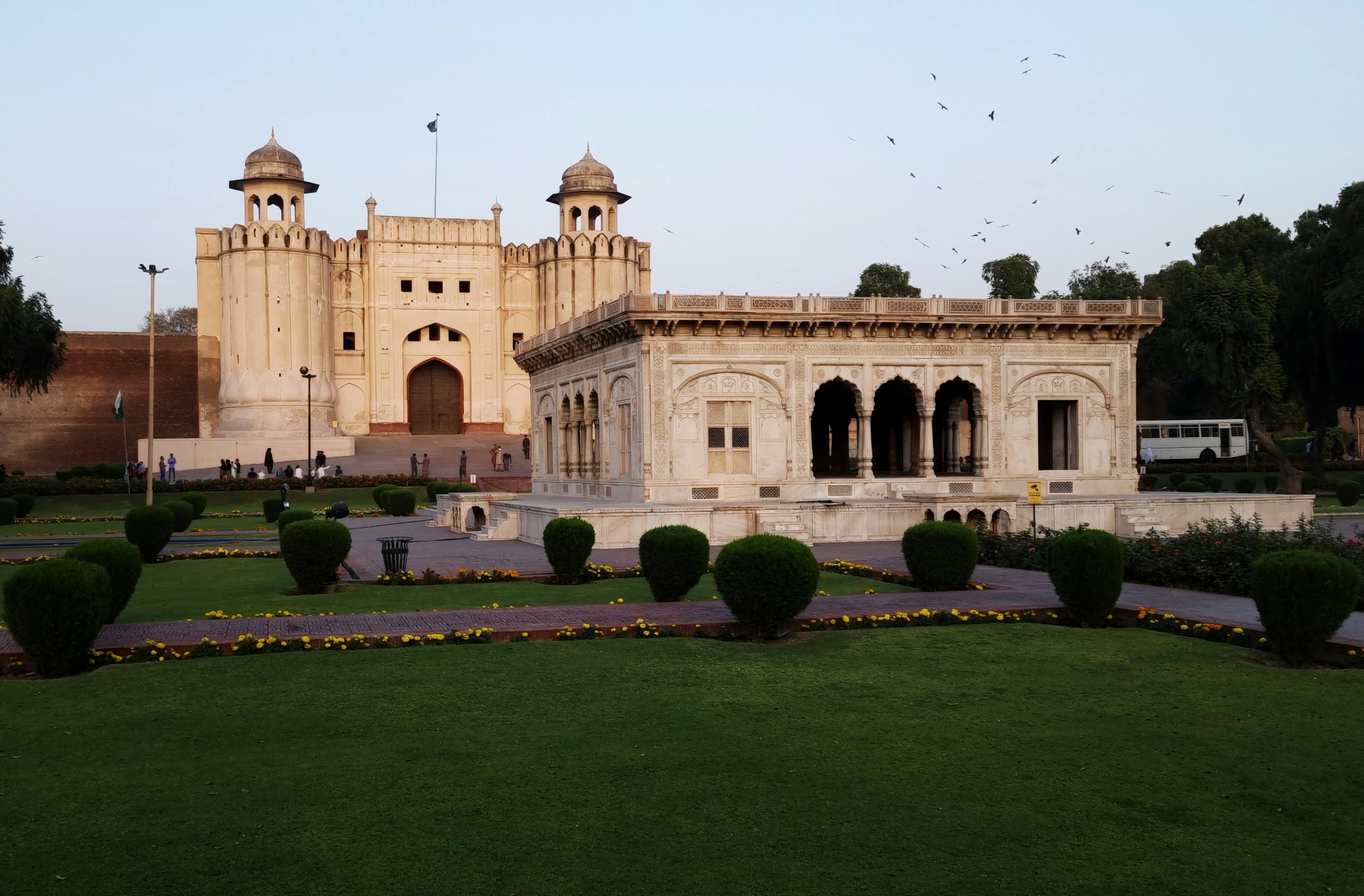After more than two decades of losses, Pakistan International Airlines (PIA) has posted its first full-year profit. The airline reported PKR 26.2 billion in net earnings for FY2024, transforming what was once seen as an unreformable public institution into a benchmark for government-led turnaround.
This is not an aviation story. It’s a signal that institutional reform in Pakistan is finally gaining traction. And for overseas investors long held back by scepticism, it marks a potential inflection point.
A National Liability, Restructured
PIA is 86% state-owned and for most of its recent history, functioned as a drain on public finances. From overstaffing to fuel debt to aircraft impounded overseas, the airline had become symbolic of Pakistan’s broader struggle.
In FY2024, that changed.
- 80% of PIA’s legacy debt was offloaded to government books
- Unprofitable routes were eliminated
- Workforce was streamlined
- Operating procedures were modernised
- Financials were cleaned ahead of a renewed privatisation attempt
The result is a restructured, performance-ready state enterprise—one that now has real market value and, more importantly, reputational weight. This is what reform looks like when it moves beyond policy documents and enters the balance sheet.
The Bigger Picture: Reform is Converging
PIA’s profit isn’t an isolated case—it’s part of a broader institutional realignment. In the same window:
- The KSE-100 Index became the best-performing stock market in the world (USD terms)
- FDI is up 48% year-on-year
- Remittances are on track to reach $36 billion in FY25
- Moody’s upgraded Pakistan’s banking sector outlook to Positive
- And the government is in the final stages of securing its next IMF agreement
These aren’t scattered wins—they’re coordinated outcomes. For investors, they represent a shift from volatility to viability and from uncertainty to early-stage opportunity.
What This Means for Real Estate Investors
Institutional reform always starts in the public sector. But it delivers returns in the private one.
When the system shows signs of course correction—when governance begins to function and confidence returns—real estate is often the first asset class to benefit. That’s because it translates trust into capital deployment. And in emerging markets, that deployment can accelerate quickly.
This is exactly what One Homes was built for.
We are not a conventional developer. We are a British-founded, globally structured investment platform offering overseas Pakistanis:
- Dollar-linked pricing and returns
- 84-point legal due diligence on land
- Fully managed, hands-off property ownership
- Partnerships with global leaders like Kobi Karp and Versace Ceramics
The same rigour the government is now applying to turn public assets around, we’ve applied to real estate from day one.
When the government restructures an institution like PIA—one that has been loss-making for 21 years—it’s more than a media moment. It’s a market signal.
For overseas Pakistanis watching from the sidelines, this isn’t about patriotic optimism. It’s about recognising the early signs of a system that’s beginning to work.
Because when reform shows up on a balance sheet, capital doesn’t hesitate—it positions.
Recent News

.jpg)

